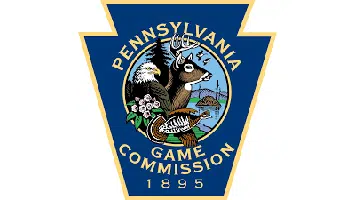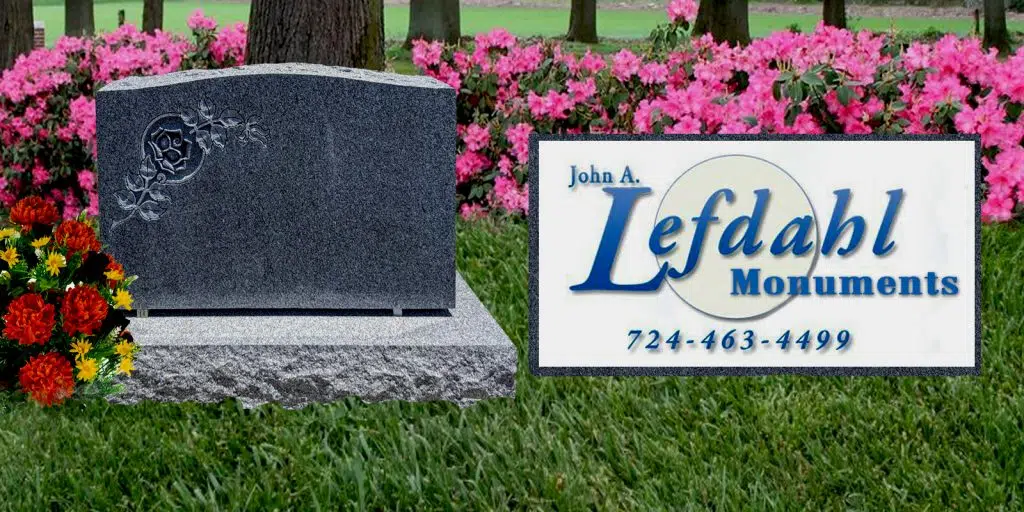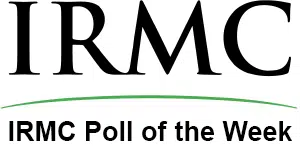Due to decreasing reports of sick and/or dead birds, the Pennsylvania Game Commission announced last week that it will be lifting recommendations on feeding wild birds across the state.
The recommendation stemmed from a hike of dead wild birds in Washington D.C. and other states, including Pennsylvania, in late May of this year, and no definitive cause of death or illness is determined yet. Research, however, ruled out many potential causes, according to the Game Commission, and there is no indication that feeding birds or maintaining bird baths were contributing factors.
In addition, no human or domestic animal issues have been documented.
The Game Commission said in a statement that, while the issue seems to be resolving on its own, the response has highlighted how much the Game Commission and other agencies rely on the greater community, as the public is “often the first to notice and report injured, sick or dead wildlife,” according to Wildlife Veterinarian Andrew Di Salvo.
The Game Commission also details some ways to protect wild birds and other animals, especially around bird baths, and you can find them below:
- Clean feeders and bird baths with soap and water, then disinfect with a 10% household bleach solution. After allowing 10 minutes of contact time, rinse with clean water and allow to air dry. Cleaning and disinfection should be done at a minimum weekly basis or more frequently when soiled to prevent potential spread of any infectious diseases between birds and other wildlife, as well as remove spoiled food.
- When feeding birds, follow expert recommendations such as those listed in Audubon International’s Guide to Bird FeedingOpens In A New Window
- Remain vigilant and report any sick or dead wild birds to your local Pennsylvania Game Commission office.
- Keep pets away from sick or dead wild birds.
- Avoid handling wild birds. If you must do so, wear disposable gloves or use inverted plastic bags on your hands to avoid direct contact. Dead birds can be disposed of in a closed plastic bag in household trash or buried deeply (> 3 ft.) to prevent disease transmission to other animals.














Comments